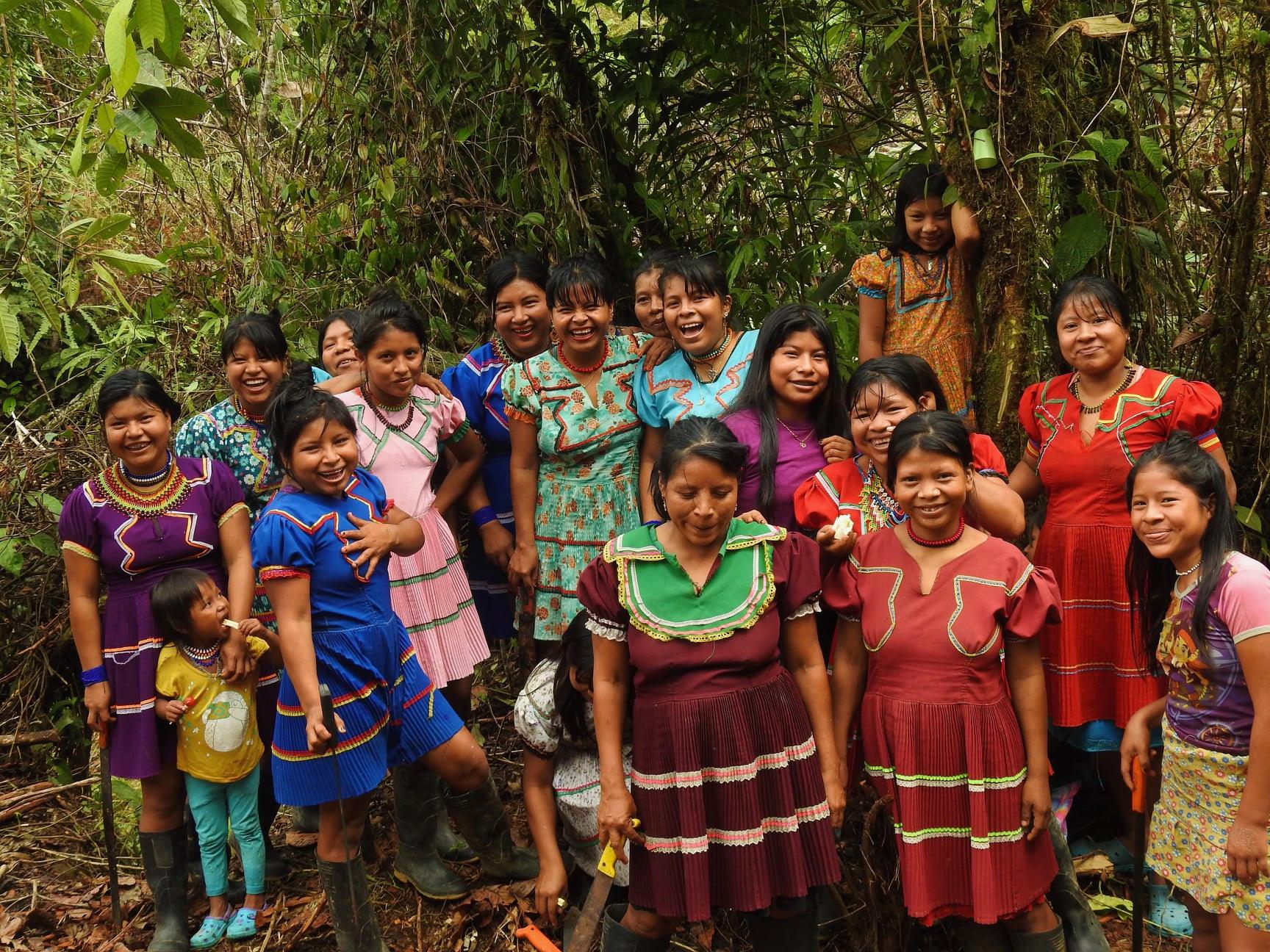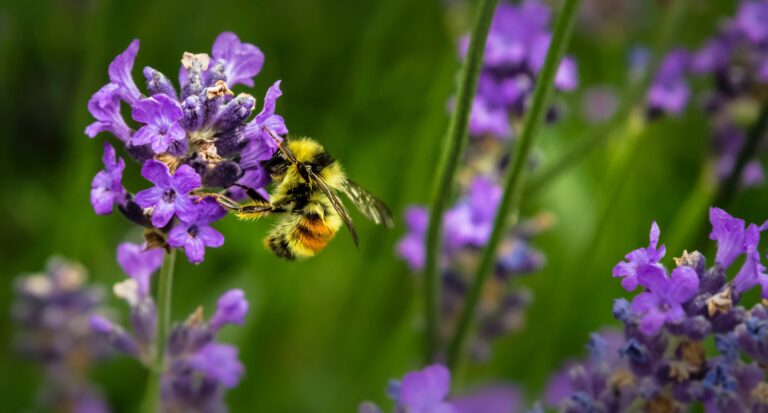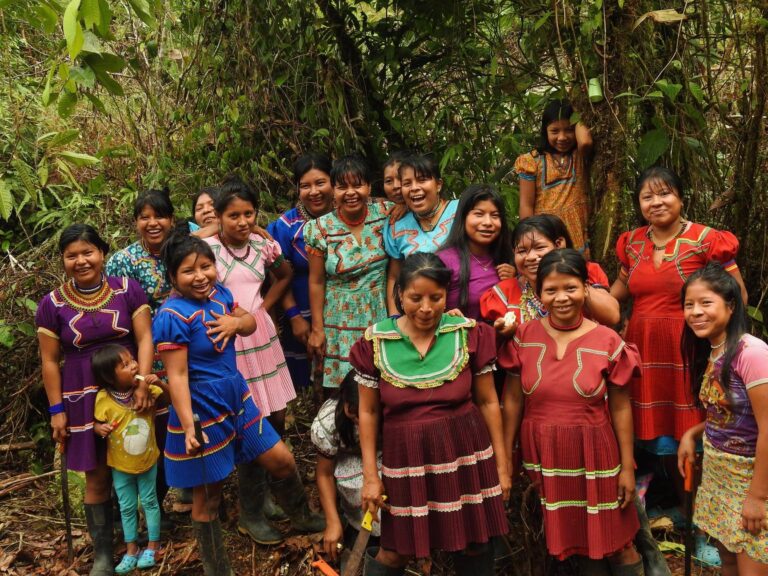
Ask your political representatives to help curb biodiversity loss
Population Health Environment (PHE) is a multisectoral approach to achieving environmental conservation, reproductive healthcare, and sustainable development goals. PHE has been proven to have better results than single-sector projects, however, it has been neglected as an approach by the UK government. We need your help to get PHE higher up the agenda.
Support PHE
PHE measures have been actively funded by the United States International Department, USAID, for over two decades.
If the UK government is to fulfil its commitments to the Global Biodiversity Framework and reverse biodiversity loss, then it must address the indirect drivers by actively funding PHE projects.
Population Matters wrote to the Foreign Office calling upon the government to commit to funding PHE projects, which you can read here.
On 5 June 2024, we received an official response from the Foreign, Commonwealth and Development Office, which you can read here.
To successfully pressure the government to initiate change, we need your support.
Please contact your government to press them for commitment to support PHE projects, and to recognise the importance of ending population growth to solve the biodiversity crisis. If you live in the UK, you can use the form below to contact David Lammy.
For other countries, text is provided below for you to adapt as needed, but please ensure your message is polite. Be aware that some government contact forms have character limits.
If you live outside of the UK, you can contact a representative from your foreign ministry or international development office if your government is not already funding PHE projects as part of their commitments under the Global Biodiversity Framework.
TEMPLATE LETTER
To Mr Lammy,
Biodiversity loss continues at an unprecedented rate, this threatens the natural world upon which we all depend and puts millions of lives at risk. To achieve the Global Biodiversity Framework aim of halving and reversing biodiversity loss by 2030, we need to address the indirect drivers, including local population pressure on areas critical for biodiversity.
Population Health Environment (PHE) is an ethical means to tackle population, improve local communities and protect the environment in some of the world’s key biodiversity hotspots. PHE projects that provide voluntary family planning services empower women and conserve critical areas of biodiversity.
PHE effectively slows and reverses biodiversity loss:
(a) Directly, by reducing population pressure on natural resources – the exponential growth of local populations can mean the rapid expansion of smallholdings causing deforestation, whilst rising demand leads to overfishing and overhunting resulting in ecological collapse. PHE projects ensure communities bordering critical areas of biodiversity can develop sustainably.
(b) PHE projects improve community support for conservation, with locals adopting more sustainable practices. Case studies by WWF, PHE Ethiopia, and the SPREAD Project in Rwanda, all reported wider support for environmental conservation and more male support for family planning after PHE projects were introduced.
I urge the government to commit to promoting and funding PHE projects in its future policies to reverse biodiversity loss, under its commitments to the Global Biodiversity Framework.
This would achieve the policy target recommended by IUCN’s Global Species Action Plan 14.5 – Ensure removal of barriers to rights-based voluntary family planning. Funding PHE projects would also resolve the current shortfall in funding for sexual and reproductive healthcare, with more than 200 million women with an unmet need for safe, modern contraception. Collaborative PHE projects have been proven to achieve more effective results and be more cost-effective than single-sector approaches.
Please inform me on whether the UK government plans to fund PHE projects in its future policies to reverse biodiversity loss.
Yours sincerely,



